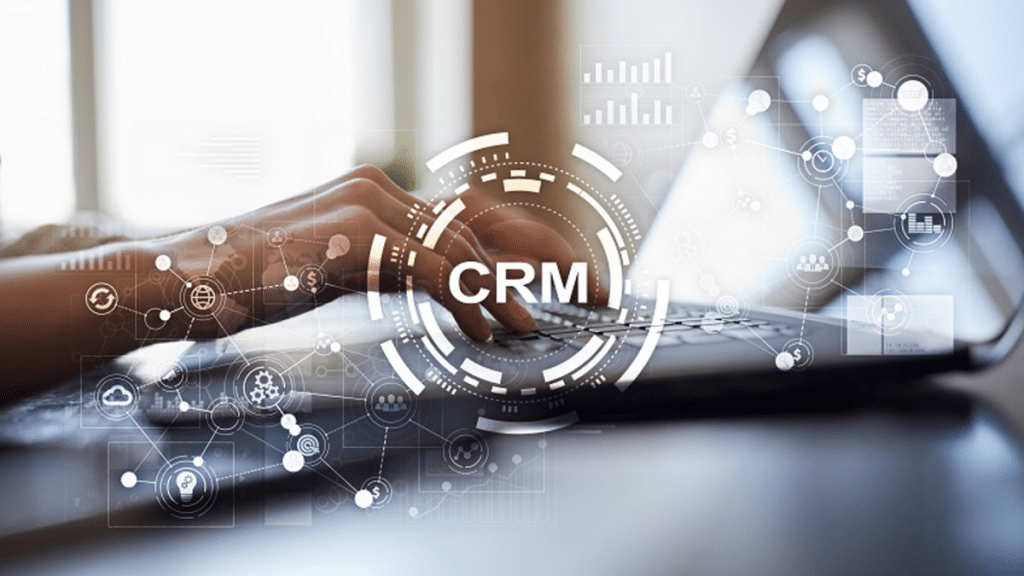In today’s data-driven world, efficiently managing Customer Relationship Management (CRM) data is crucial for businesses to maintain strong relationships with their clients. Proper CRM data management ensures that businesses can make informed decisions, streamline processes, and ultimately enhance customer satisfaction.
Here are Eight Effective Strategies to Help You Master Your CRM Data Management:
1. Regular Data Audits
Conducting regular data audits is essential to maintain the accuracy and integrity of your CRM data. This involves identifying and rectifying inconsistencies, duplicates, and outdated information. Regular audits help ensure that your CRM system remains a reliable source of information.
2. Standardize Data Entry Processes
Standardizing data entry processes across your organization can significantly reduce errors and improve data quality. Establish clear guidelines for data entry, including formatting rules and required fields. Training your team on these standards is equally important to ensure consistency.
3. Utilize CRM Software Features
Leverage the advanced features of your CRM software to automate and streamline data management tasks. Modern CRM tools offer functionalities like automatic data enrichment, duplicate detection, and data validation. These features can save time and enhance data accuracy.
4. Implement Data Security Measures
Safeguarding your CRM data from unauthorized access and breaches is crucial. To achieve this, implement strong data security measures such as encryption, access controls, and regular security audits. Additionally, ensuring compliance with data protection regulations will help protect sensitive customer information effectively.

5. Integrate with Other Systems
Integrating your CRM system with other business tools can enhance data consistency and accessibility. For instance, integrating with marketing automation platforms, email services, and customer support tools can provide a unified view of customer interactions and streamline workflows.
6. Cleanse Data Regularly
Data cleansing involves removing or correcting inaccurate, incomplete, or irrelevant data. Regular data cleansing helps maintain the quality of your CRM data, ensuring that your system only contains valuable and actionable information. Automated data cleansing tools can simplify this process.
7. Enable Real-Time Data Updates
Real-time data updates ensure that your CRM system reflects the most current information. Implementing real-time data synchronization between your CRM and other business systems can prevent data discrepancies and provide your team with up-to-date insights for better decision-making.
8. Monitor Data Quality Metrics
Establishing and monitoring data quality metrics can help you identify areas for improvement. Metrics such as data completeness, accuracy, and consistency provide valuable insights into the health of your CRM data. Regularly reviewing these metrics allows you to take proactive measures to address any issues.
Conclusion
Effectively managing your CRM data is essential for maximizing the potential of your CRM system. By implementing these eight strategies, you can ensure that your CRM data remains accurate, secure, and actionable. Whether you are using CRM for immigration agents, education agents, or any other industry, maintaining high-quality data will help you better understand and serve your customers.
Investing in a robust CRM system, such as KONDESK, provides advanced tools and features designed to simplify CRM data management. From automated data enrichment to real-time updates, KONDESK empowers businesses to optimize their data processes and improve overall efficiency. By leveraging KONDESK, you can transform your CRM data management practices, leading to more efficient operations and improved customer relationships.
